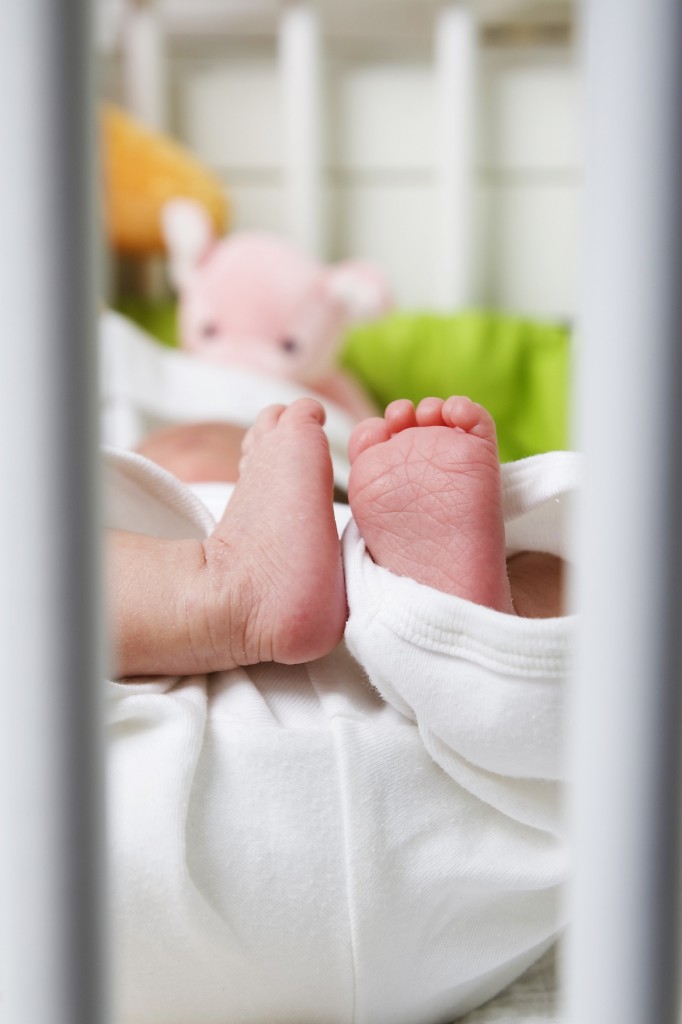Mothercare in its prime, used to be the place where the majority of expectant mothers would go for advice and to purchase their baby care products.

But with the rapid growth of the internet and websites such as ‘Mumsnet’, who offer advice and product reviews, many people are choosing to do their research online and buy from the cheapest retailer, which is having catastrophic impacts on Mothercare’s commercial properties.
Speaking of the challenge that Mothercare faces, Alan Parker, Executive Chairman, stated: “Partly it’s the fact we live in tough economic times, and partly that the price of these buggies have been pushed a bit high.”
“We have to rejuvenate the whole brand. The competition in the UK is more intense than overseas. We need to review the format and location of our outlets in Britain,” Mr Parker added.
However, it may come too late for Mothercare who have reported an £82 million loss in October of this year, whereas the same time last year, the company were celebrating a £300,000 profit. They already had plans to close 110 UK commercial properties, so what went so badly wrong?
Matt Piner, from the Retail Consultancy Conlumino, believes: “Mothercare has blamed its falling UK sales and profits on the economic environment, but in reality all this has done is expose the wider issues the retailer faces. In the past Mothercare relied on being the definitive source of information for expectant mothers, a position it used to justify its higher prices.”
At the moment, money is tight for the majority of the country, so people are more willing to conduct research online by comparing products and reading reviews and then buying from the cheapest retailer, as Mr Piner, put across: “However, with consumers now increasingly confident using the internet and sites such as Mumsnet to educate themselves, the once habitual visit to Mothercare is becoming a thing of the past. Instead, consumers research what they need online and head to the cheapest retailers to buy it – which nowadays normally means one of the supermarkets.”
On a whole, the total net debt has risen from £8.6 million to £24.6 million, in the first six months of this year. Due to the financial struggle that the company is currently facing, the share price fell this week by eight per cent. However, Mr Parker remained optimistic stating that the company has 975 franchise commercial properties, which he believes could increase to over 2000, Mr Parker added: “That’s got to be our objective.”
So it seems that Mothercare have succumbed to the online pressure than many other high street retailers are facing. Although the company plan to close 110 of their commercial properties, they have stated that the majority of those will be on the high street, as the company now prefer locating in out-of-town retail parks. The company have pledged that they plan to have at least 266 shops still open.
Previous Post
E.ON Pledge £500,000 Towards Sheffield’s Skyline